Men of steel: KGDVS’ uncompromising approach produces extraordinary results
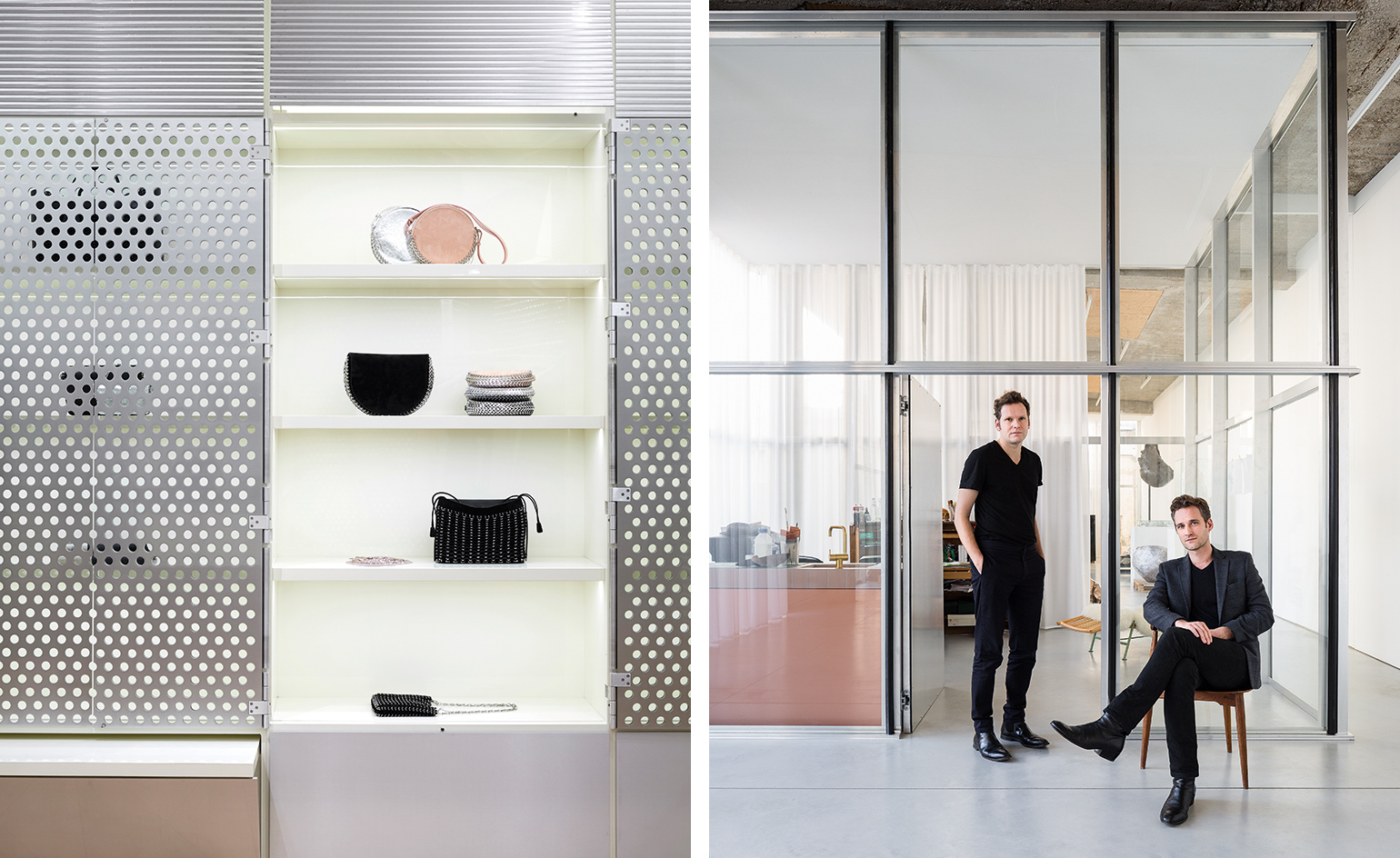
‘We vowed never, ever to do anything in fashion again,’ says Kersten Geers, one half of Belgian architects KGDVS. The other half, David Van Severen, shares his sentiments. ‘The fashion world is so fast and as architects, we are very slow. You really have to find a match, otherwise it can be very difficult.’
Despite such proclamations (the result of past experiences with a different brand), the pair has just completed a flagship in Paris for Paco Rabanne. It’s the first in 14 years for the Spanish house, which has been reborn under creative director Julien Dossena. The 32-year-old Frenchman snared the reluctant architects by offering them carte blanche. ‘He was very low key and showed us limited references,’ says Geers. ‘One was the Nakagin Capsule Tower in Tokyo, created in 1972 by Kisho Kurokawa; the other was the conversion of the Musée d’Orsay in 1981 by the late Italian architect Gae Aulenti. Then he left the rest to us.’
Dossena knew he wanted no one but KGDVS after having seen images of a villa the pair had renovated in Brussels in 2012. It features a rich mix of materials: there’s a marble garage; floors are leather, carpeted, tiled; raw concrete sits with soft wood. ‘It was radical and modern and very grown-up,’ says Dossena. ‘A good balance between old and new, industrial and bourgeois. They struck me as having a very strong point of view.’
The Paco Rabanne flagship, located in an 18th-century building in rue Cambon, has a similarly elegant mix. Walls are lined with a perforated aluminium ‘shell’ which contains doors, hatches and rails that shift and slide, so the space can open up or close down depending on the season. Yellow lacquer work and a leather floor warm everything up. The architects confess to having a ‘strange obsession’ with leather floors: ‘It’s because the artist Joseph Beuys had one in his living room,’ laughs Van Severen. The metal shell makes the 65 sq m space feel like a modern day pod, a capsule. ‘It’s Paco Rabanne in a box,’ explains Van Severen. ‘In an industrial tool box,’ says Dossena, adding, ‘While it’s hi-tech, it’s also very luxurious, which is necessary when you’re spending €2,000 on a coat in Paris.’
Everywhere, aluminium dominates. In 1966, young couturier Rabanne debuted a collection entitled ‘12 Unwearable Dresses in Contemporary Materials’, in which metallic discs were stitched together to create barely-there outfits. They quickly became a signature of the house and Rabanne was cast as a frontiersman of sci-fi fashion. ‘I hope people will make the connection,’ says Dossena, who envisages working with KGDVS on more stores in the near future.
Oddly enough, Rabanne’s Barbarella-esque metallic dresses weren’t something KGDVS thought about when they created the store. They use plenty of metal mesh anyway, working with a Belgian supplier who ‘puts it together like Meccano’. In 2014, Geers and Van Severen created a library for the faculty of Architecture and Urbanism at the University of Ghent (where both studied) and enclosed it in a series of perforated blue steel cupboards. It wasn’t specifically for their metalwork, either, that Dossena selected them. ‘I liked their unwillingness to compromise. I really had to persuade them and give them total freedom,’ he says.
Last year, KGDVS converted a former garage in central Brussels into a studio and atelier for Belgian sculptor Thomas Lerooy. ‘In a bourgeois space, you add layer upon layer, of paint, decoration, detail,’ says Lerooy. ‘David and Kersten do the opposite. They take things out, but not in a minimalist, white-box way,’ he adds, showing off the concrete pillars, huge aluminium doors and flesh-coloured cabinetry that fill his home.
Lerooy also collects furniture by David’s late father, Maarten Van Severen, which today fetches thousands of euros at auction. Indeed, the Van Severens are creative royalty in Belgium. Maarten was the son of 1970s abstract painter Dan Van Severen, who was known for geometric canvases of circles, lines, squares and crosses, and David is the eldest of Maarten’s four sons, all of whom work in design. As a child, David grew up in his father’s atelier, picking up techniques and a sense of materiality.
Van Severen and Geers formed their practice in Brussels in 2002. Geers had been working in Rotterdam, Van Severen in Ghent, and their first project, a small notary’s office in the city, won them attention. ‘Our success is also thanks to the wealth of private clients and the rich cultural context that exists in Brussels,’ says Geers. ‘There are lots of artists and collectors here.’ In recent years, international dealers such as Almine Rech and Gladstone have opened outposts in the city, and homegrown galleries such as Jan Mot, Micheline Szwajcer and Office Baroque are shaping it into an art hot spot. Elizabeth Dee, co-founder of New York art fair Independent, is launching a sister fair in Brussels this April. ‘Brussels has established itself as the emerging contemporary art centre in Europe,’ she says. ‘Belgium values its tradition of collecting and has the most educated and supportive collector networks in the world. We are seeing an influx of young artists and curators to the capital.’
In among this melee is where KGDVS wants to be. (Geers’ dream project is to design a commercial gallery space or a museum.) The studio is currently preparing for a solo show at Bozar, the Centre for Fine Arts of Brussels. It’s a chronological survey of 65 projects, including their largest ever, an office and media library for Swiss broadcaster RTS in Lausanne that opens in 2020, and Solo House, a glass circle of a summerhouse being built in a forest near Barcelona.
Bozar is an art deco building designed by the great Belgian architect Victor Horta. ‘It’s one of his best, all exuberance and marble,’ enthuses Geers, whose passions stretch from classical architecture to Adolf Loos (his ‘non-ornamental architecture’ influenced the Paco Rabanne store). And as they always do with old buildings, KGDVS aim to ‘respect it and then abduct it’.
As featured in the April 2016 edition of Wallpaper* (W*205)
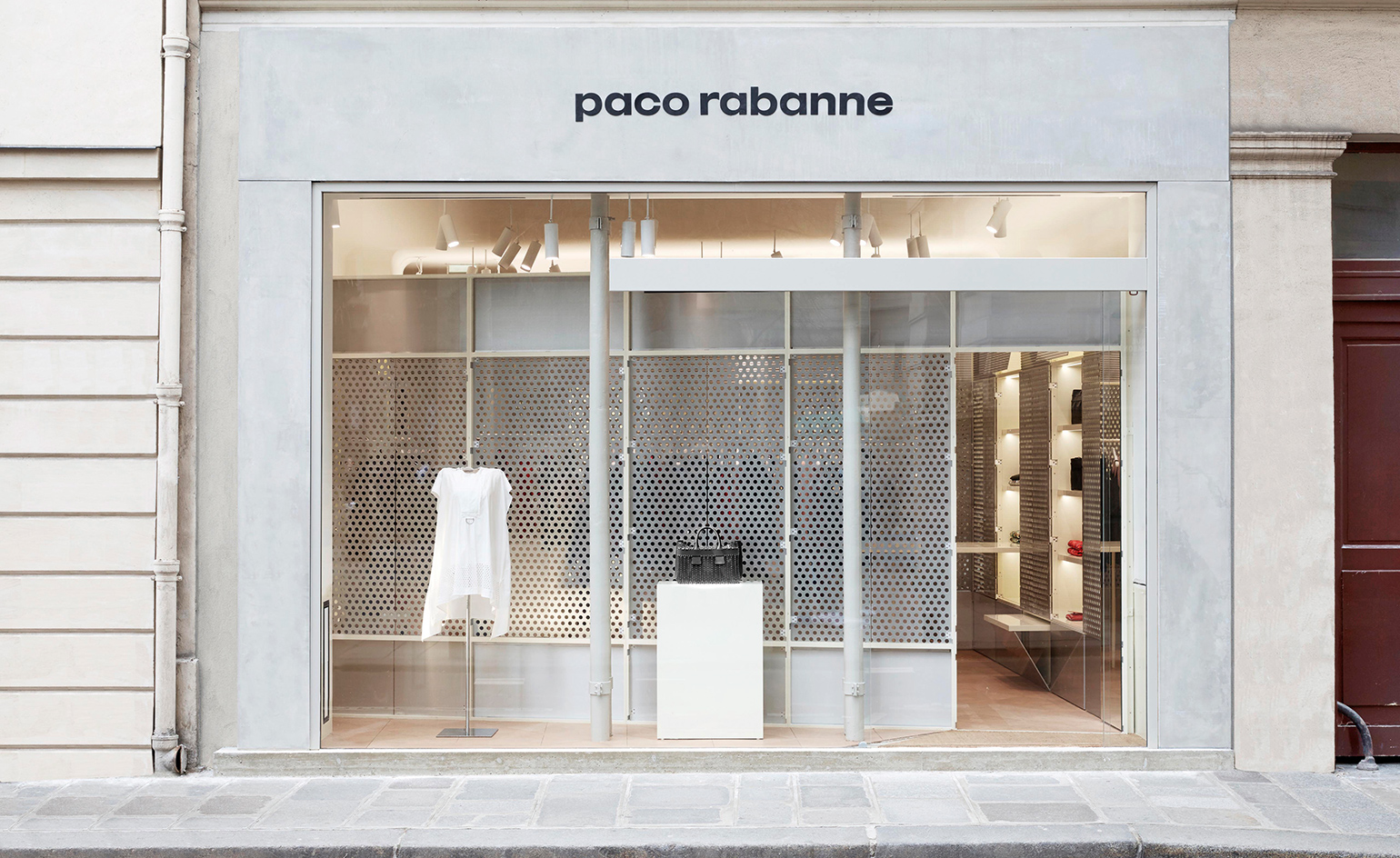
KGDVS’ design for the remodelled Paco Rabanne store in Paris features a perforated aluminium shell inspired by Rabanne’s iconic 1960s metallic dresses
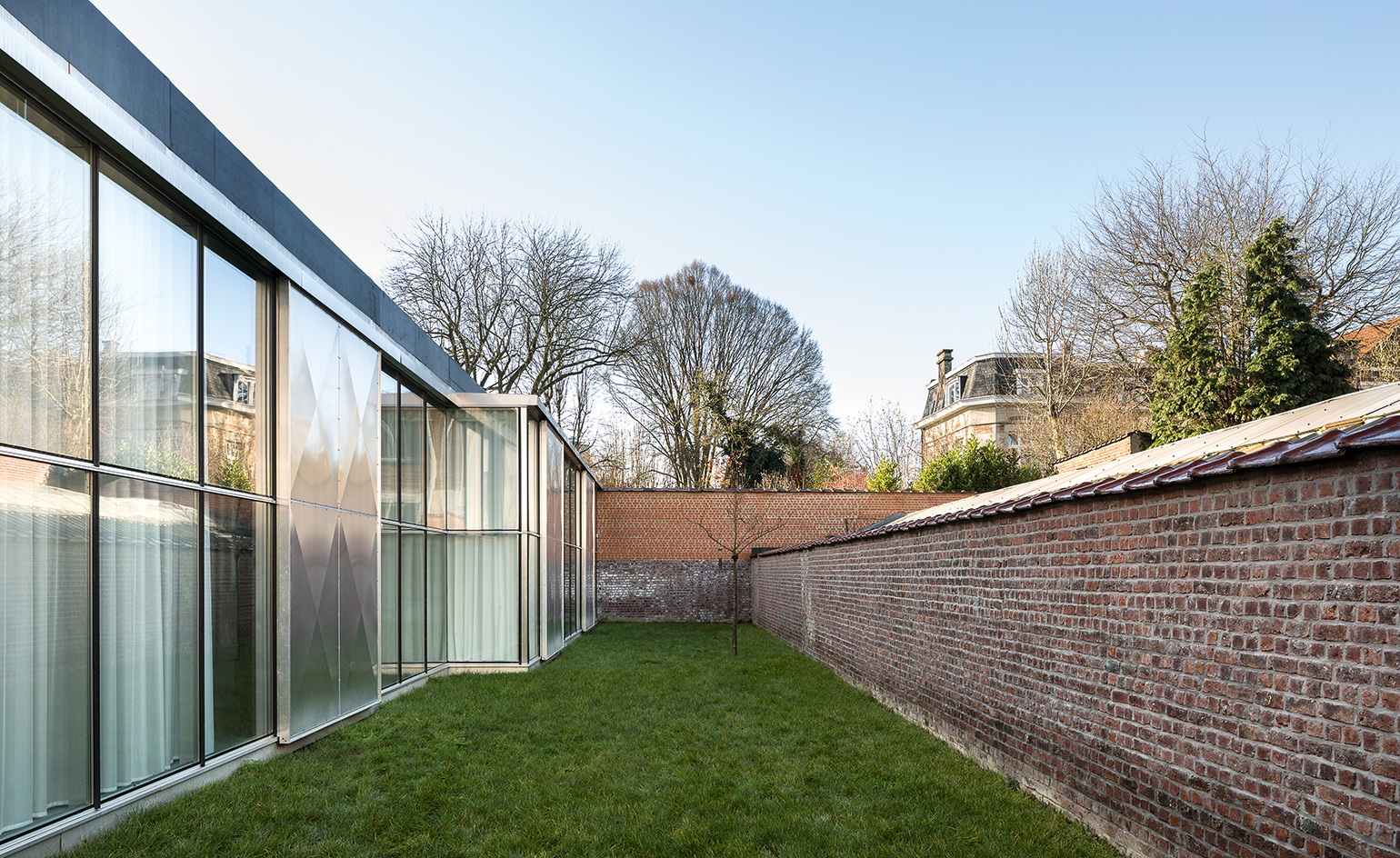
KGDVS converted a garage in Brussels into Thomas Lerooy’s studio.
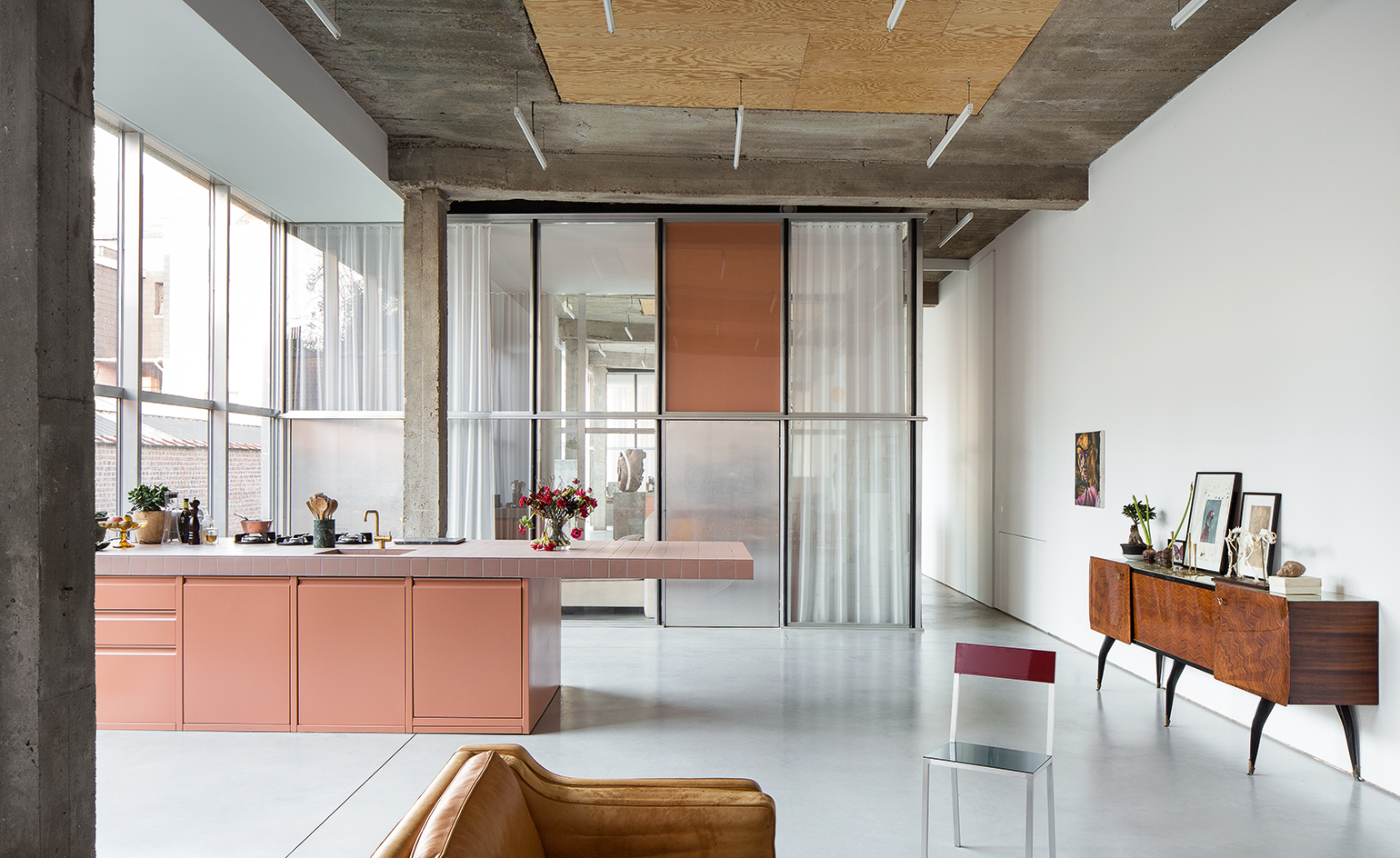
Therein, they used aluminium panels and flesh-coloured cabinetry to transform the space.
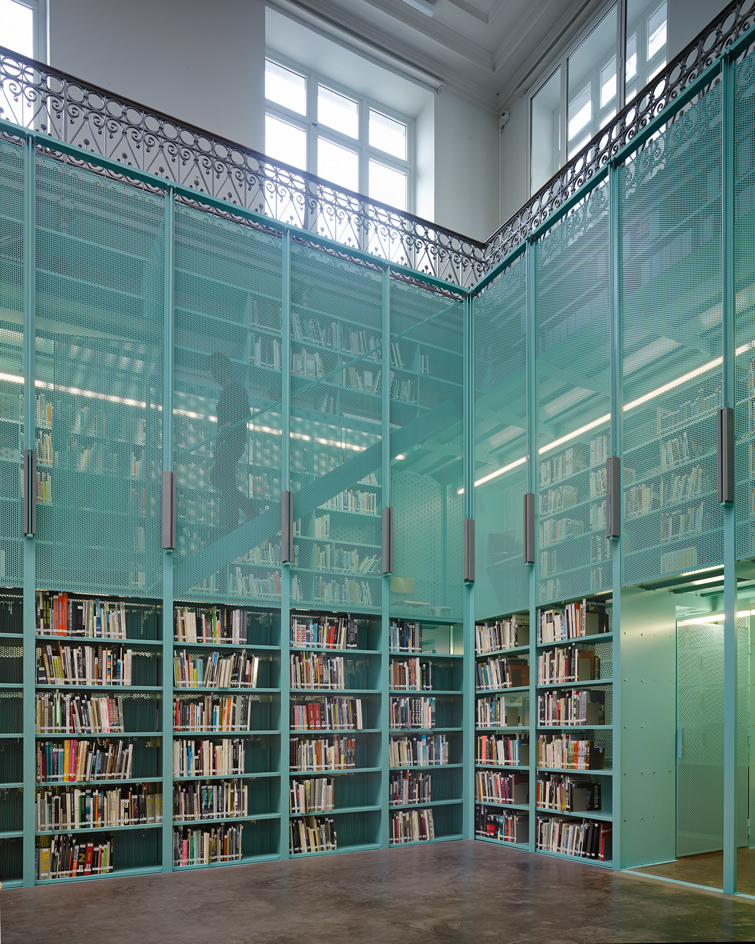
Completed in 2014, KGDVS’ Library for the University of Ghent is a three-storey steel-clad cupboard inserted under the balcony of the existing physics hall.
INFORMATION
‘Everything Architecture’ is on view until 22 May. For more information, visit the KGDVS website
ADDRESS
Bozar
Rue Ravenstein 23
Brussels
Wallpaper* Newsletter
Receive our daily digest of inspiration, escapism and design stories from around the world direct to your inbox.
Emma O'Kelly is a freelance journalist and author based in London. Her books include Sauna: The Power of Deep Heat and she is currently working on a UK guide to wild saunas, due to be published in 2025.
-
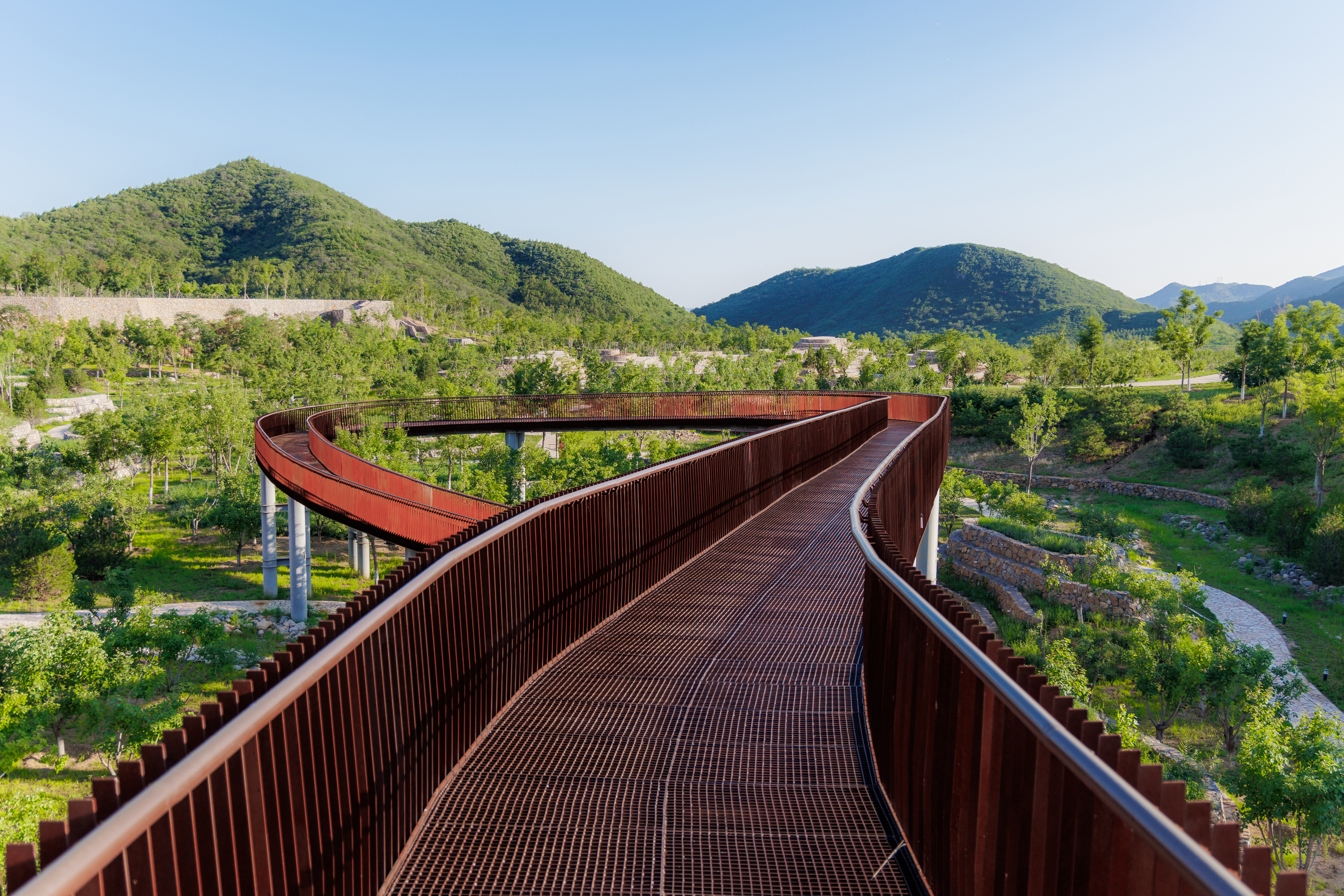 A Xingfa cement factory’s reimagining breathes new life into an abandoned industrial site
A Xingfa cement factory’s reimagining breathes new life into an abandoned industrial siteWe tour the Xingfa cement factory in China, where a redesign by landscape specialist SWA Group completely transforms an old industrial site into a lush park
By Daven Wu
-
 Put these emerging artists on your radar
Put these emerging artists on your radarThis crop of six new talents is poised to shake up the art world. Get to know them now
By Tianna Williams
-
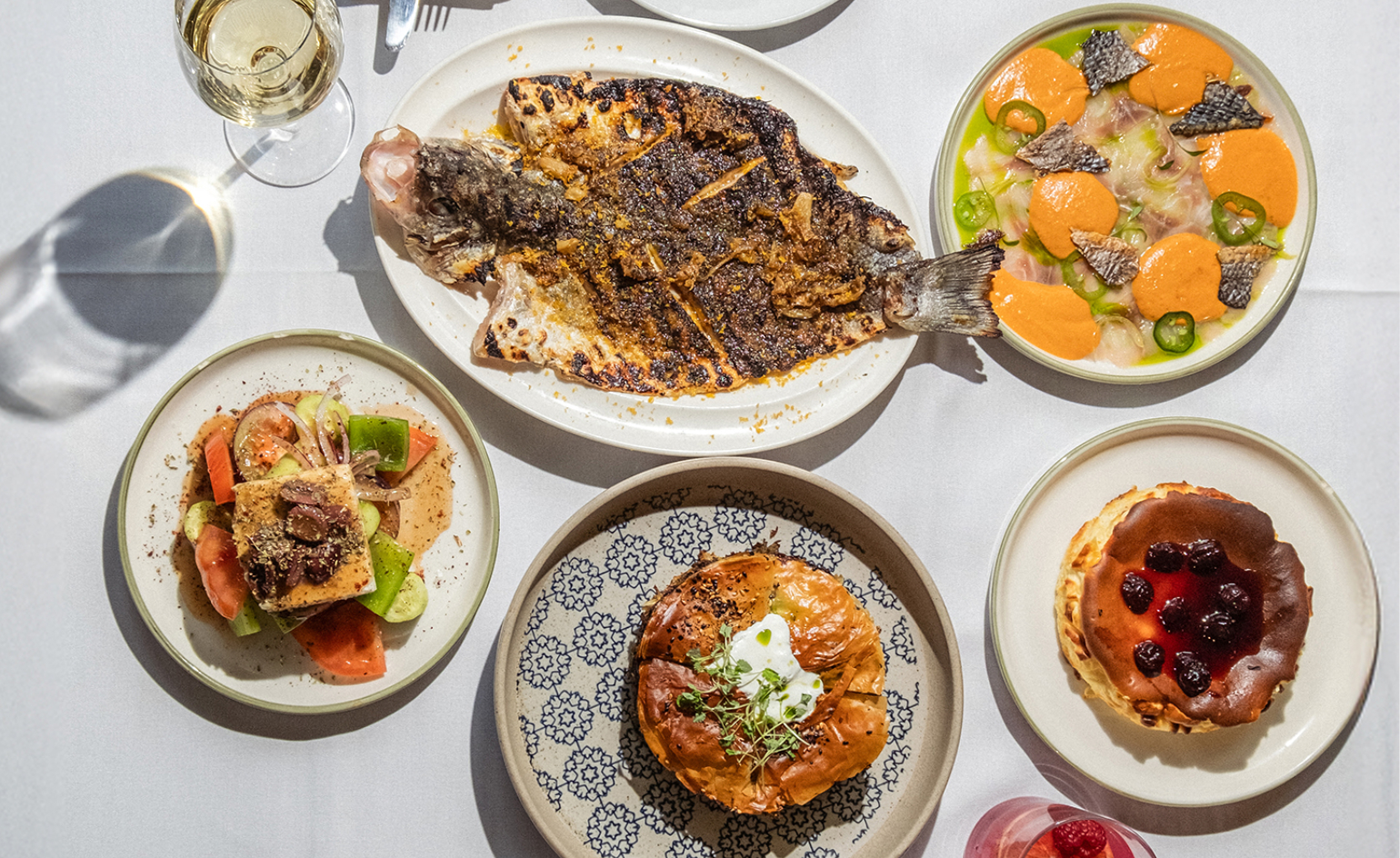 Dining at Pyrá feels like a Mediterranean kiss on both cheeks
Dining at Pyrá feels like a Mediterranean kiss on both cheeksDesigned by House of Dré, this Lonsdale Road addition dishes up an enticing fusion of Greek and Spanish cooking
By Sofia de la Cruz